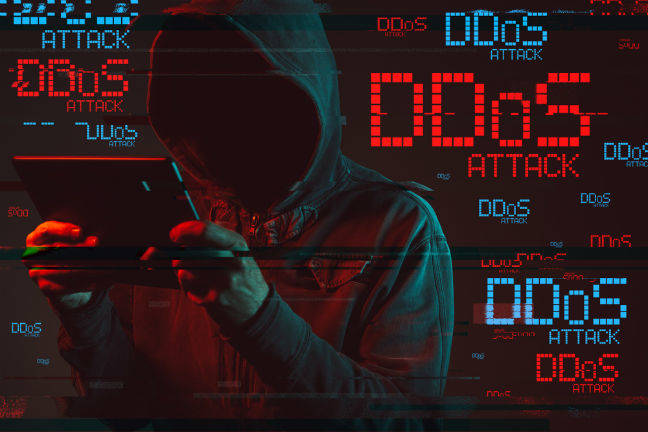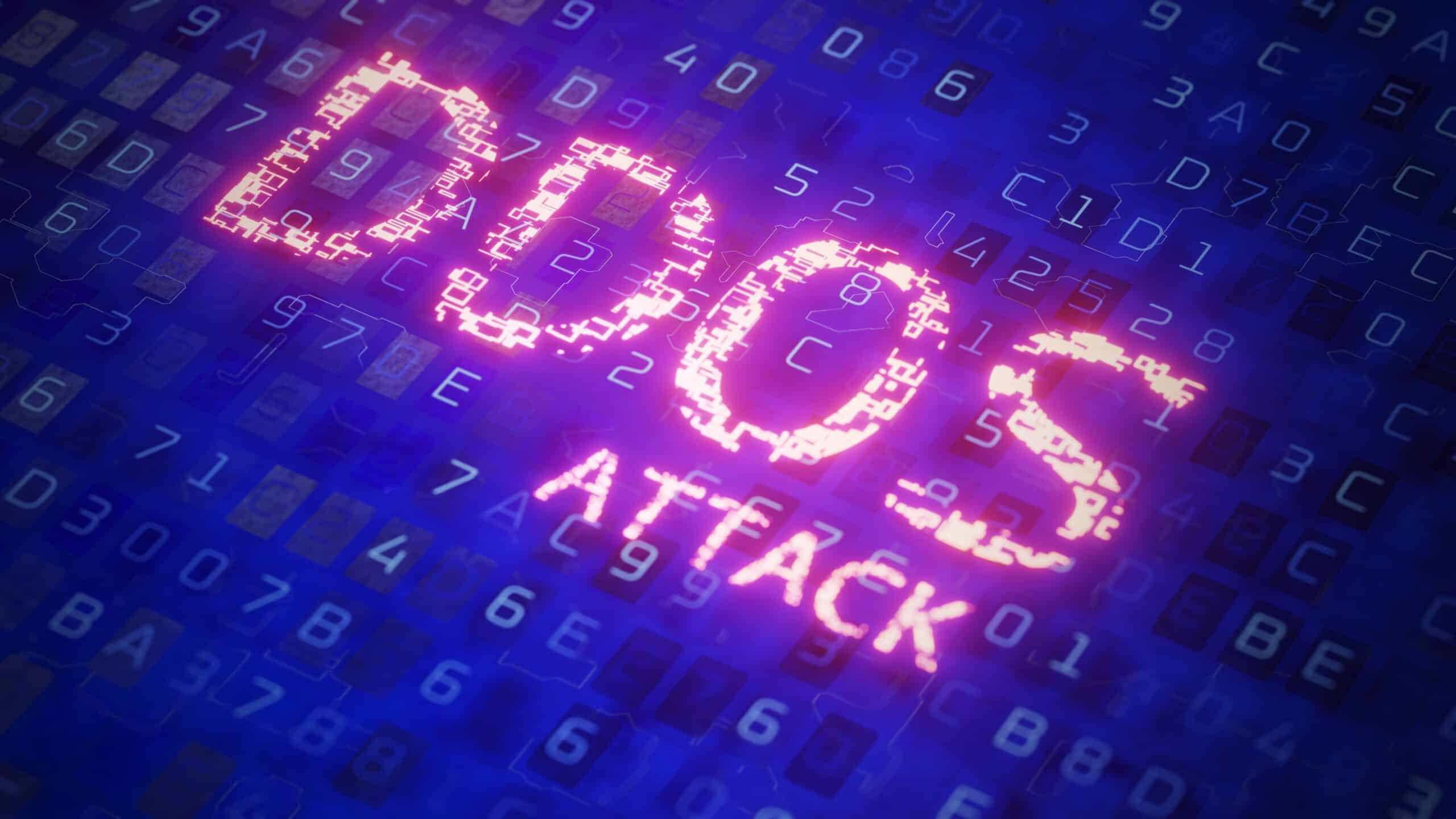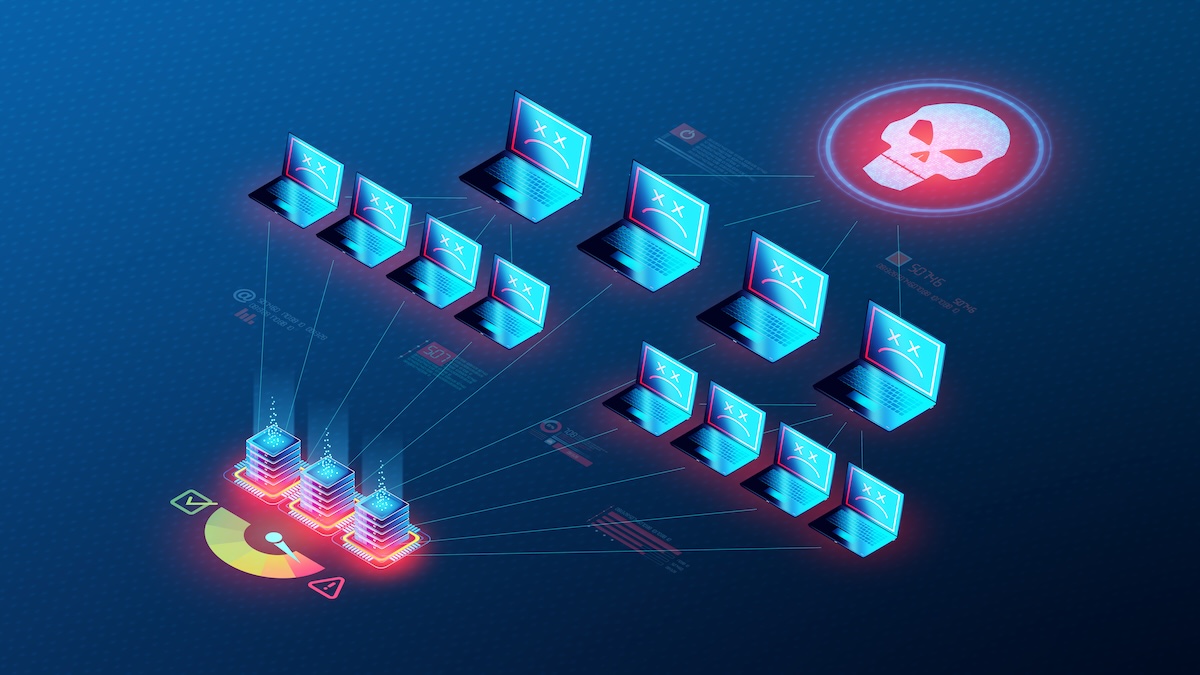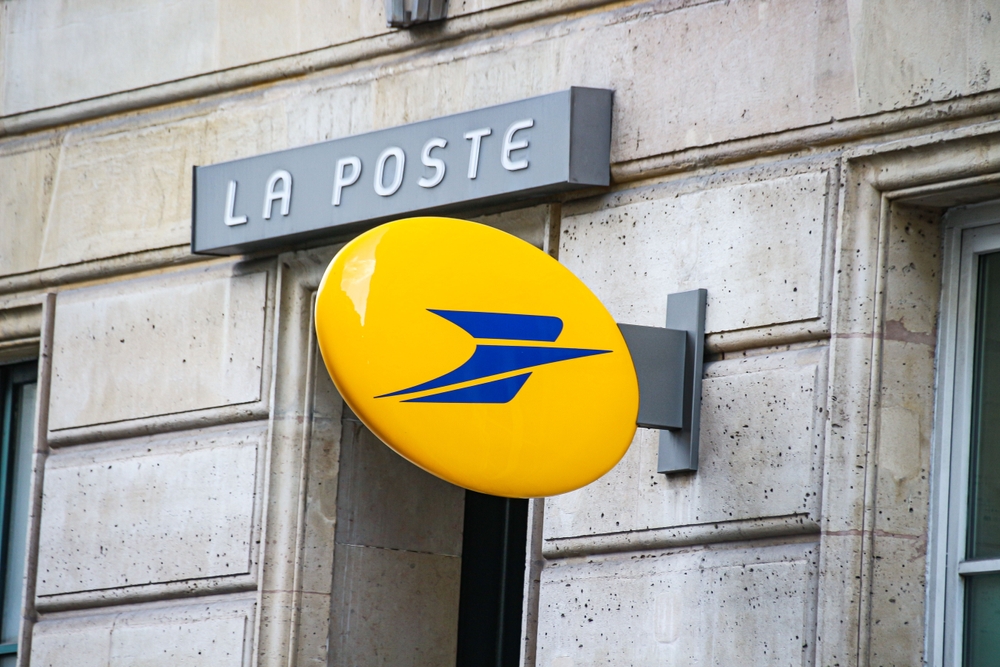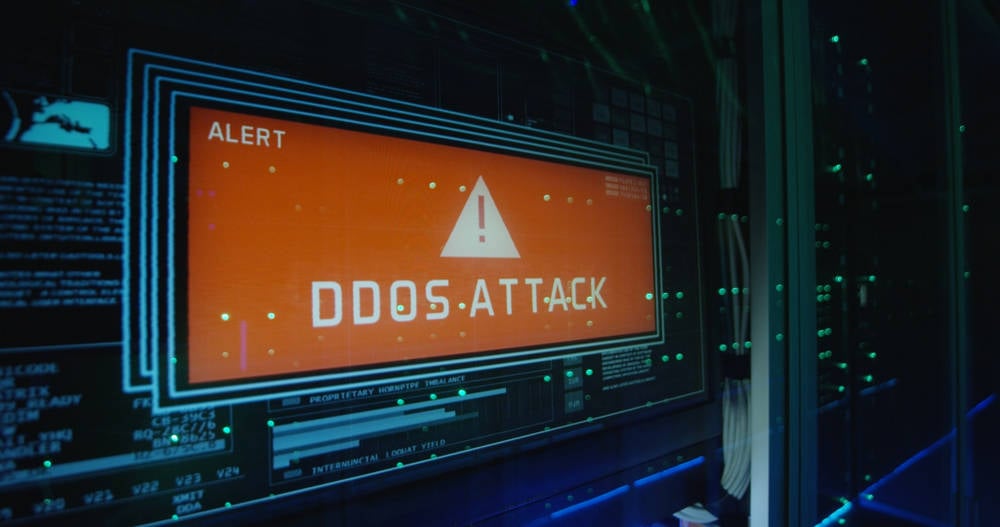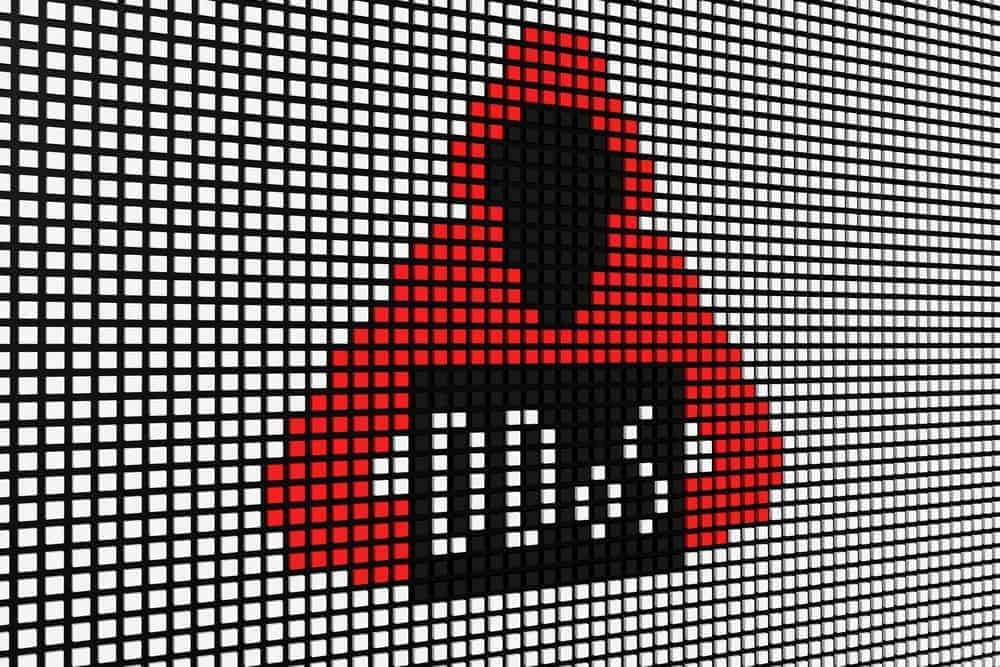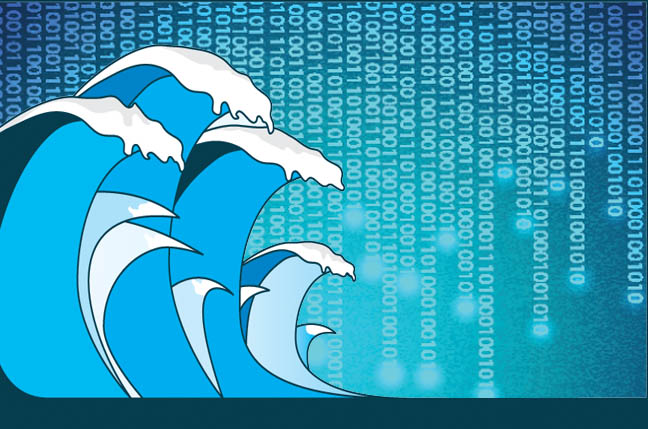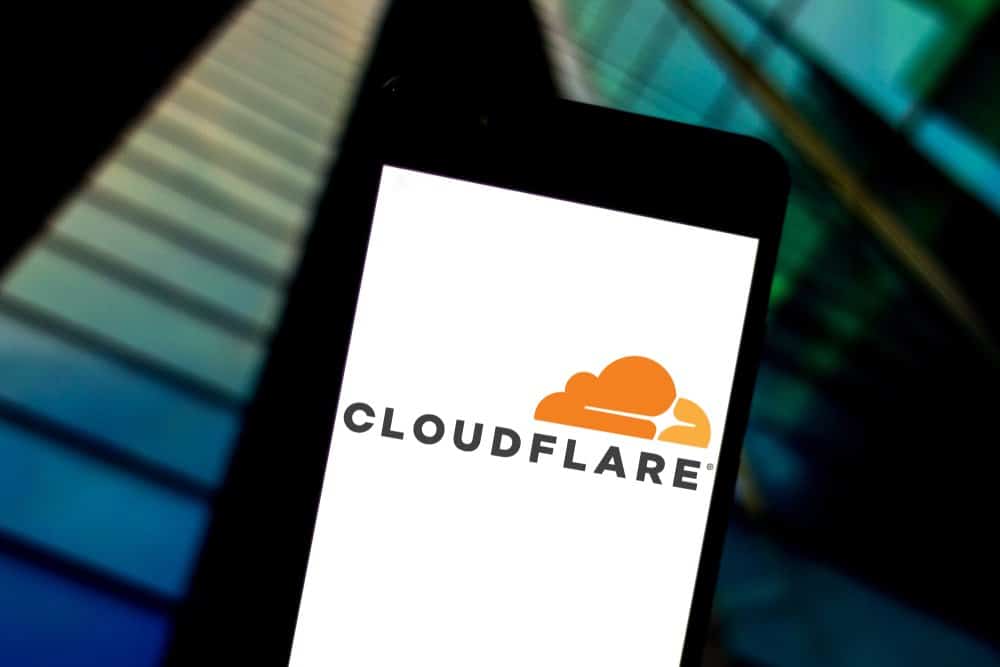#ddos
#ddos
[ follow ]
#botnet #cybersecurity #cloudflare #cybercrime #cyberattack #iot-botnet #botnets #law-enforcement #udp-flood #europol
fromIrish Independent
3 weeks agoWarning issued to Irish 'dodgy box' owners following large-scale cyber attacks on everyday streaming devices
It comes following the largest Distributed Denial of Service (DDoS) attack ever recorded last November by a botnet - or hacking group - known as Kimwolf Irish households that possess a "dodgy box" or other unregulated streaming devices that they are vulnerable to cyber attacks increasingly nefarious in nature, Grant Thornton has warned. The professional services firm has said that everyday home technology from Android streaming boxes to TV streaming devices are susceptible to being compromised by sophisticated, large-scale hacking efforts by cyber criminals.
Information security
France news
fromFast Company
2 months agoFrance's postal service was hit by a major cyberattack right before Christmas. Here are the hackers who did it
Pro‑Russian hacking group Noname057 claimed a DDoS attack that disrupted La Poste’s central systems, halting package tracking and banking services days before Christmas.
fromMail Online
2 months agoVenezuela's secret war plan against the US exposed: 'Hail Mary' threat
Knight, who has over 25 years of experience in online security, revealed these have likely already begun, and warned people need to be extra vigilant as tensions rise. He admitted America has a huge advantage over Venezuela with its capabilities, and is understood to already be hitting assets like air defenses and security apparatus. But he warned hackers could unleash a wave of phishing links, fake emails and false profiles to impact ordinary Americans.
Information security
Information security
fromBitcoin Magazine
4 months agoBitcoin Knots Has Been Nothing More Than A Denial-of-Service Attack On Bitcoin
Denial-of-service attacks aim to make machines or network resources unavailable by disrupting services, and DDoS remains common, affecting systems including blockchain networks.
fromThe Cipher Brief
4 months agoTelecom Bust Near the UN Reveals New National Security Vulnerability
The devices were designed to what experts call a "SIM farm," an industrial-scale operation where hundreds or thousands of SIM cards can be manipulated simultaneously. These setups are typically associated with financial fraud or bulk messaging scams. Still, the Secret Service warned that they can also be used to flood telecom networks, disable cell towers, and obscure the origin of communications. In the shadow of the UN, where global leaders convene and security tensions are high, the proximity of such a system raised immediate questions about intent, attribution, and preparedness. "(SIM farms) could jam cell and text services, block emergency calls, target first responders with fake messages, spread disinformation, or steal login codes," Jake Braun, Executive Director of the Cyber Policy Initiative at the University of Chicago and former White House Acting Principal Deputy National Cyber Director, tells The Cipher Brief. "In short, they could cripple communications just when they're needed most."
Information security
Information security
fromDataBreaches.Net
5 months agoRansomware's new frontier: Extortion attacks evolve in Asia Pacific - DataBreaches.Net
Quadruple extortion—including DDoS and third‑party pressure—is emerging in ransomware, while double extortion remains most common; APAC sees over half of data breaches from ransomware.
Information security
fromDevOps.com
5 months agoLink11 Reports 225% more DDoS attacks in H1 2025 with new tactics against infrastructure - DevOps.com
DDoS attacks surged in H1 2025: 225% increase, 438 TB total, higher peaks (1.2 Tbps), longer durations, and more Layer 7 and politically motivated campaigns.
fromThe Hacker News
5 months agoCloudflare Blocks Record-Breaking 11.5 Tbps DDoS Attack
"Over the past few weeks, we've autonomously blocked hundreds of hyper-volumetric DDoS attacks, with the largest reaching peaks of 5.1 Bpps and 11.5 Tbps," the web infrastructure and security company said in a post on X. "The 11.5 Tbps attack was a UDP flood that mainly came from Google Cloud." The entire attack lasted only about 35 seconds, with the company stating its "defenses have been working overtime."
Information security
fromZDNET
5 months agoCloudflare stops new world's largest DDoS attack over Labor Day weekend
Over the Labor Day weekend, Cloudflare says it successfully stopped a record-breaking distributed denial-of-service (DDoS) attack that peaked at 11.5 terabits per second (Tbps). This came only a few months after Cloudflare blocked a then all-time high DDoS attack of 7.3 Tbps. This latest attack was almost 60% larger. According to Cloudflare, the assault was the result of a hyper-volumetric User Datagram Protocol (UDP) flood attack that lasted about 35 seconds. During that just more than half-minute attack, it delivered over 5.1 billion packets per second.
Information security
fromTheregister
6 months agoDDoSing is big and getting bigger - let's kill it off
Distributed Denial of Service (DDoS) is a profoundly unsexy cybercrime, and that's a big problem. Headlines are full of ransomware, data breaches, or the latest exploit. DDoS, where a site or service is poleaxed by a packet tsunami, is just background noise. Now and again, security agencies put out a press release because they've taken down one of the botnets that propagate DDoS attacks, but that's been going on for decades without much effect.
Information security
fromZDNET
6 months agoArch Linux remains under attack as DDoS enters week 2 - here's a workaround
Although not well-suited for new users, Arch Linux is a popular distro with a passionate fan base. So, why has someone been knocking down the site repeatedly for over a week now with an ongoing distributed denial-of-service (DDoS) attack ? We don't know. We're not even sure who's doing it or exactly how they're conducting their DDoS. Besides the main website, the Arch User Repository (AUR) and the are also being hammered. Someone out there really doesn't like Arch.
Information security
fromThe Hacker News
7 months agoEuropol Disrupts NoName057(16) Hacktivist Group Linked to DDoS Attacks Against Ukraine
NoName057(16) has been operational since March 2022, acting as a pro-Kremlin collective that mobilizes ideologically motivated sympathizers on Telegram to launch DDoS attacks.
Privacy professionals
[ Load more ]


